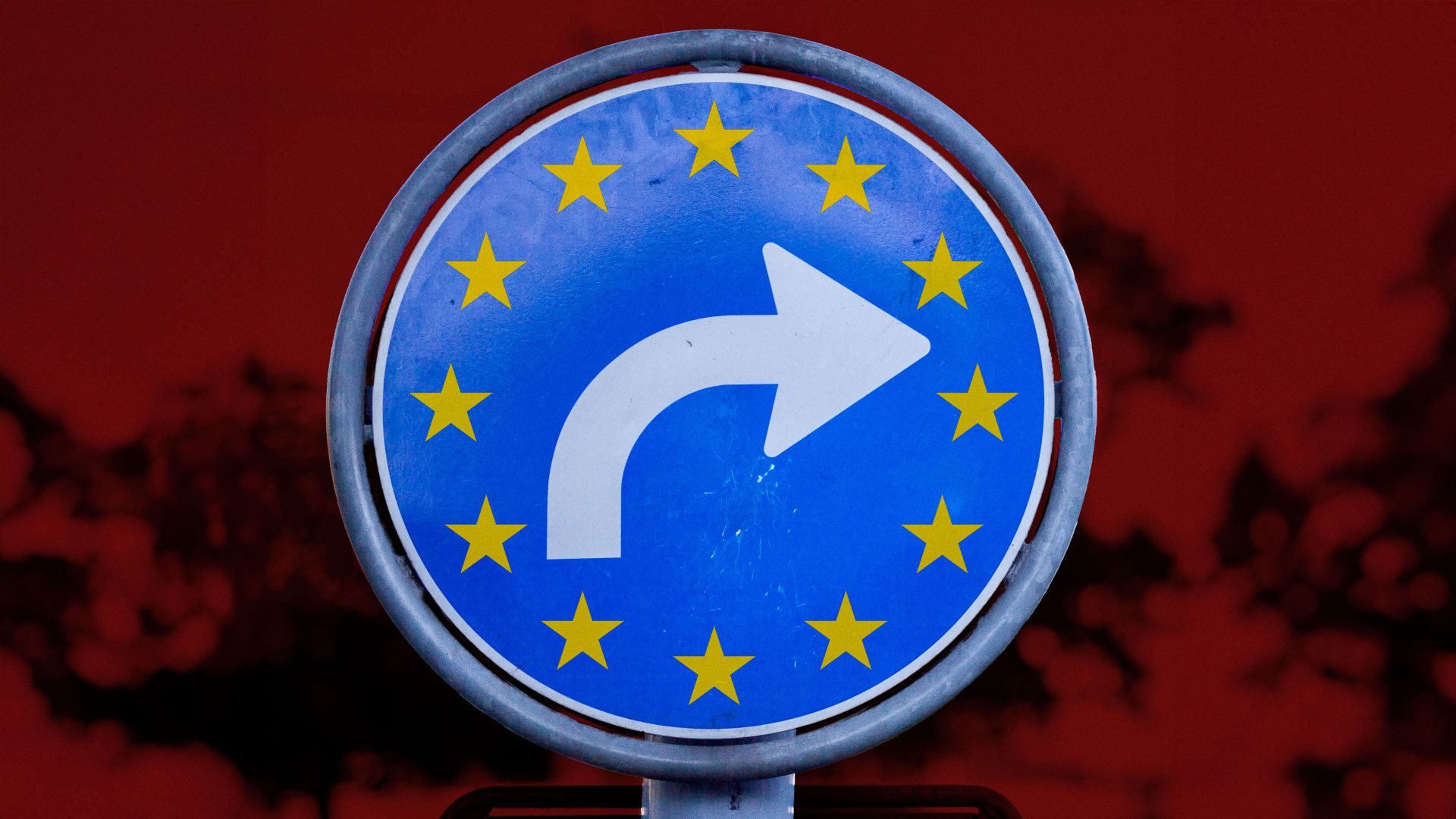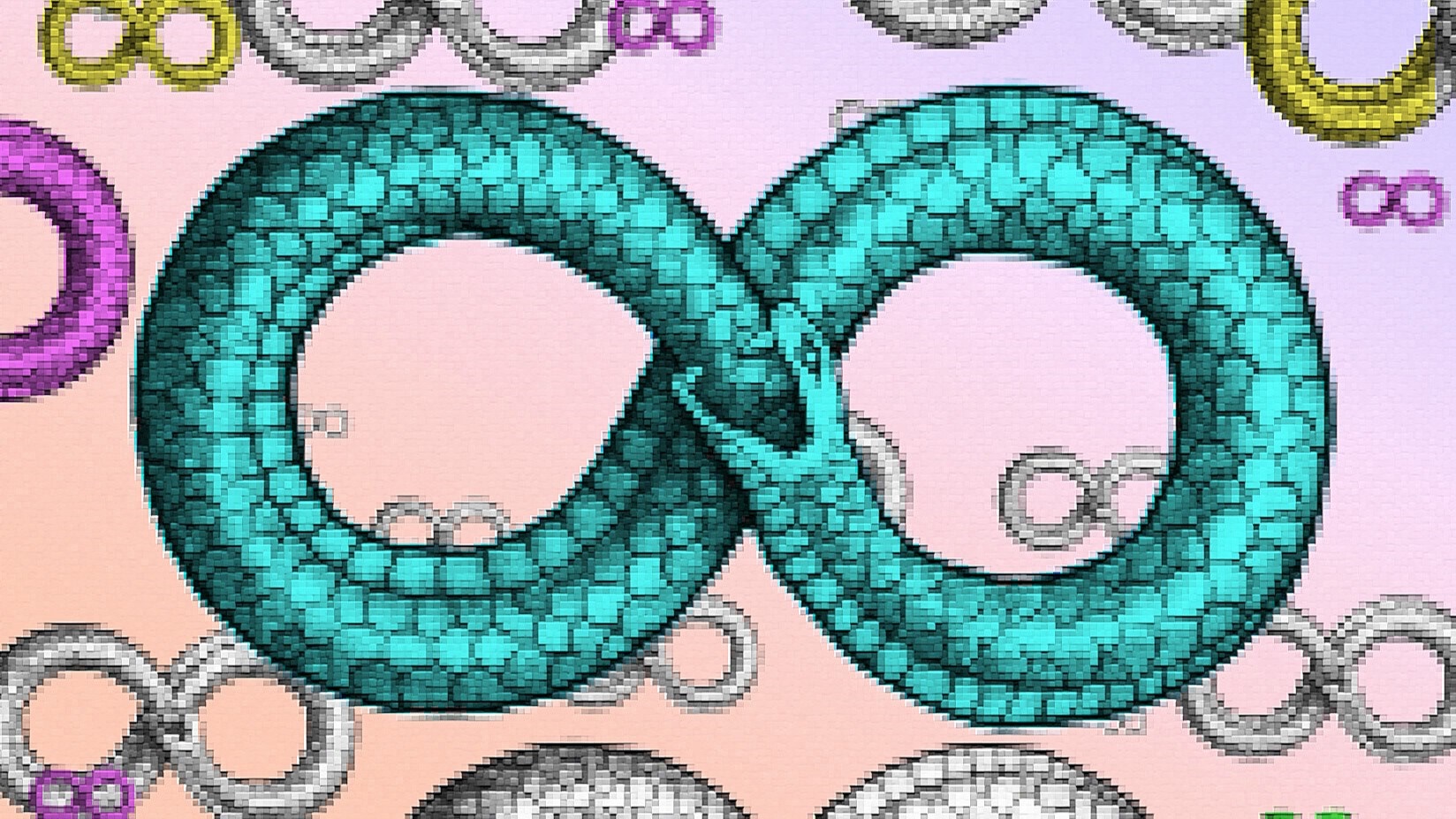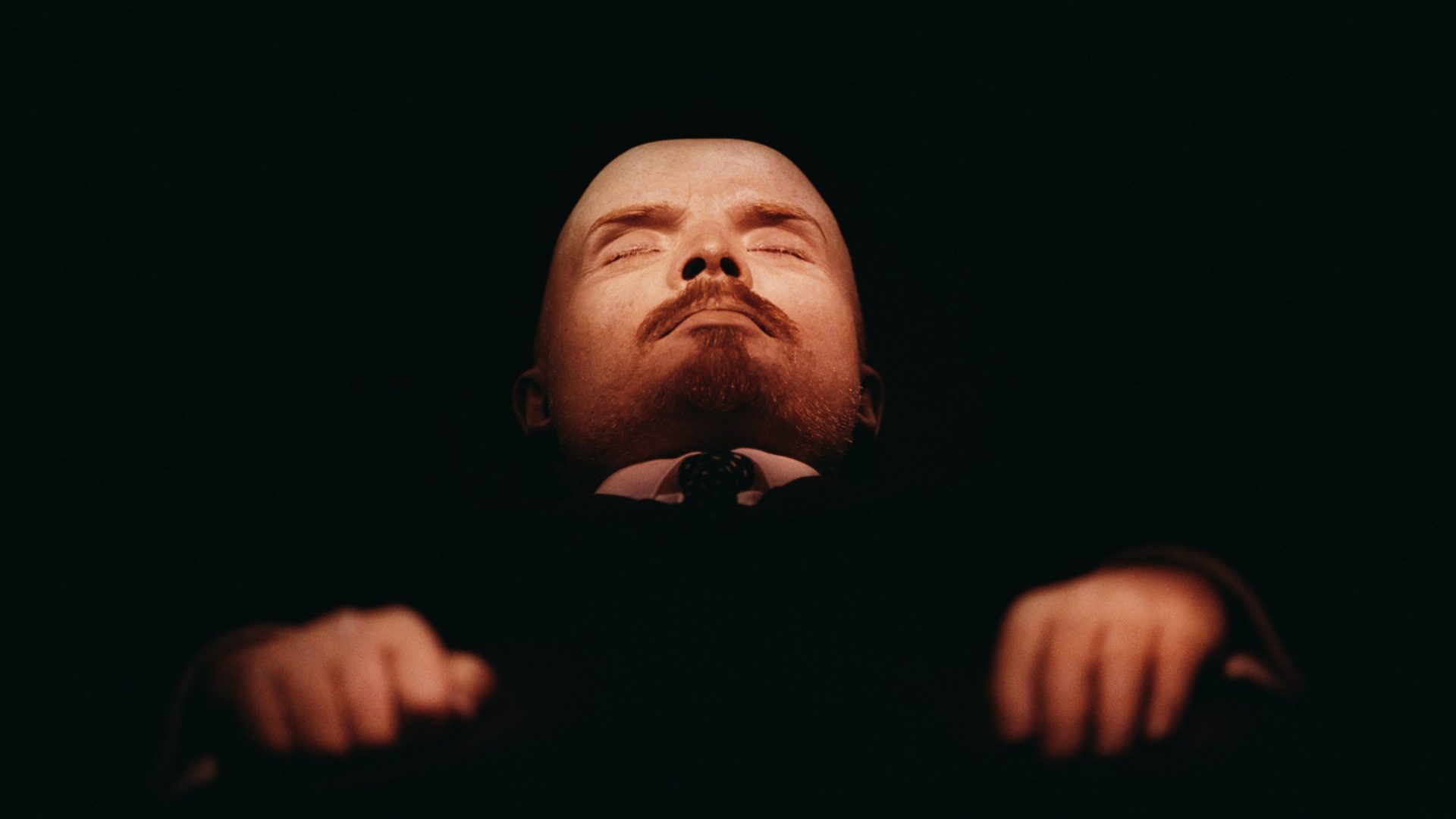In 2024, the European Union and the United Kingdom have at least one thing in common: they will both vote for a new parliament, just as they did five years ago. Both of them are watching the American election nervously, amid fears about the possible return of Donald Trump. But according to the polls, in Europe, the political trends are very different from previous elections.
In 2019, the most populist of the British prime ministers, Boris Johnson, was triumphantly returned to Downing Street, while on the other side of the Channel, the European Parliament maintained its old centre right majority and kept the extremes on the sidelines. In 2024, the picture is reversed. Europe is now threatened by a nationalist-populist wave, while British voters have had enough of it.
They have been inoculated against the lure of populism by the disastrous experience of Brexit, and voters have turned their backs on its inventors, the Conservatives. The key quality expected from Labour’s Keir Starmer, who looks set to become prime minister at the end of the year, is to embody the opposite of the populist delusions of the 2016 referendum, which was the most misleading election campaign in history. More than 60% of Leavers now regret their vote.
Although Starmer lacks the courage to speak out clearly against Brexit, he remains the only one to bring hope of an antidote – not only to the 14 years of Conservative administration marked by budgetary austerity and the degradation of public services, but to the eight years of failures, scandals, and the waltz of successive prime ministers. None of those PMs have been able to deliver their crazy promise of a better economy by cutting Britain off from its European neighbours, the largest free trade zone in the world. Their retreat into petty nationalism has had the opposite effect.
Whether he succeeds or not, Starmer needs to define his programme on the basis of this opposition to populist nationalism. He understood this and made it explicit in his Brighton speech: “I promise this – a politics which treads a little lighter on all our lives. That’s the thing about populism or nationalism. It needs your full attention, needs you constantly focusing on this week’s common enemy. And that’s exhausting.”
Unlike the British, Europeans have not collectively experimented with populist nationalism since the war. The EU was built precisely against this kind of politics, which itself had proved a prelude to war. Since then, the nationalist-populist movement has so far only groped its way in European politics. It is now gaining momentum.
The far right has succeeded in infiltrating the Tory Party and shuttering the United Kingdom into an island mentality. On the continent, it has come to power in member states such as Italy. It has been driven out of power in others, such as Poland, and has established itself in power in Hungary. It has just won in the Netherlands, while the Slovak Robert Fico is a left-wing populist. It holds government posts, either alone or alongside the main right wing parties, in Sweden, Finland, the Czech Republic and Romania.
It is first or second in national polls in the Netherlands, Belgium, Germany, Austria, Poland and Estonia. In France, it is now seen as a possible governing party. Unlike the British, the majority of whom seem to have learned their lesson, more and more Europeans are giving nationalist parties the benefit of the doubt.
The forthcoming parliamentary elections could mark a turning point for the EU’s far right. According to recent data from the aggregator Europe Elects, the Identity and Democracy (ID) group, which includes the French Marine Le Pen, Dutch Geert Wilders and Italian Matteo Salvini, is set to achieve its best result for three years, with 12%. The European Conservatives and Reformists (ECR) group, which includes the Law and Justice party of the outgoing Polish government, the Spanish Vox party and is likely to be joined by Italian prime minister Giorgia Meloni, would get around 11%.
The two together would thus reach 23%: almost as much as the centre right EPP group, currently the largest in the Parliament. And that’s without counting “non-attached” independent parties such as Fidesz of Hungary’s Viktor Orbán, who eventually withdrew after being suspended by the EPP in 2019 for his extremist and anti-European ideas. The far right could become the second political force in the European Parliament – assuming they can form a group together.
This is precisely where their weakness lies. Firstly, because the informal coalition between the centre right European People’s Party (EPP), the centre left Socialists and Democrats (S&D) and the centrist-liberal Renewing Europe (RE) party will retain its absolute majority – according to the Europe Elects poll, it will hold 404 seats out of 705.
Secondly, while the far right is obviously penetrating all countries, it cannot escape the general process of fragmentation experienced by all political parties. With the exception of France, where the Rassemblement National exceeded 40% in the second round of the presidential election in 2022, across Europe, no far right party is polling above 25%.
Thirdly, the extreme right has so far proved incapable of forming a homogeneous bloc – including a joint declaration and a European collaboration summit in 2021. There are deep differences.
Giorgia Meloni, for example, is pro-Europe, pro-Nato, supports Ukraine and is in favour of distributing asylum seekers among EU countries. In contrast, Viktor Orbán is Putin’s henchman and Trojan horse inside Europe. He is sabotaging the European Union from within and Hungary’s geographical location far from the Mediterranean means that he refuses to show any solidarity on immigration with frontline countries. For the same reasons, Meloni refuses to ally herself with Le Pen.
But does the right need alliances to prosper? Coalition agreements are occasionally made between centre right EPP members and far right groups. The EPP president himself, Manfred Weber, advocates EPP cooperation with the more extreme ECR group, meaning the far right is increasingly in a position to create coalitions and have a major influence on national and European policies.
In France, their breakthrough looks set to be spectacular. A poll published in Le Monde on December 16 showed that the combined number of far right parties could reach 37% and that the Rassemblement National, led by Jordan Bardella, would come out on top with 28% of the vote.
The best allies of populist nationalism are the three “I”s: Immigration, Inflation, Insecurity – all of which tend to intensify in times of war and geopolitical instability. Purchasing power tops the list of concerns for Europeans, along with the fear of an influx of migrants. The ecological transition provides another cause for concern and an additional breeding ground for the far right, which sees a new cause for anger: the economic effect of green policies.
The political effects of the “Green Deal” are beginning to be felt across Europe. Even in Germany, a country not prone to protests, farmers held a huge demonstration on January 8 against the federal government’s plans to cancel farm diesel and increase tolls for lorries and carbon taxes. In the Netherlands, Wilders had already made this a campaign theme.
The European elections in June 2024 are crucial. Not only for the European Union but for western democracies.
The rise of nationalism and populism serves one cause: it empowers the enemies of democracy, and above all Vladimir Putin, who dreams of himself as champion of the global south and leader of the anti-western camp. As the French ministers Catherine Colonna and Laurence Boone recently put it: “All the nationalists and populists who dream of undoing what Europeans have built up over the last 70 years are basically serving the same purpose of undermining the European Union, and thus weakening its member states. They are Putin’s direct accomplices.”
In France, Emmanuel Macron’s appointment of a new prime minister, Gabriel Attal, whom the president wants to see as a loyal and faithful clone of himself – very young, bright, dynamic, disruptive – has no other objective than to try to counter the “resistible rise of Jordan Bardella”, to paraphrase Brecht’s play parodying Hitler. Macron is well aware that what is at stake in this European election is both the fate of democracy in Europe and his own reputation in the eyes of history.
In a moment of terrible symbolism, on December 27, at the age of 98, the man to whom we owe today’s Europe did not wake up. Jacques Delors, a historical anchor for the French left, an assiduous campaigner for liberal and representative democracy, architect of the single market and the euro, died at a time when the European continent, for the first time since 1945, is once again the theatre of an imperialist war. Delors passed at a time when the geopolitical environment is dangerously overheated, and when crucial elections in Europe and the United States will occur against a backdrop of nationalist-populist waves and, with the threat of Trump’s return, a possible calling into question of the Atlantic Alliance. If the former president of the European Commission had wanted to close a chapter in his own world, that of the social democracy he had fought for and the Europe he had built, he would not have chosen a more symbolic date than the end of December 2023 to bid farewell.




